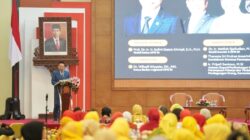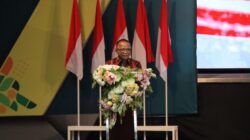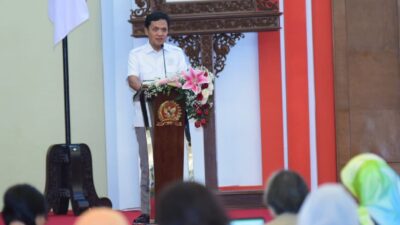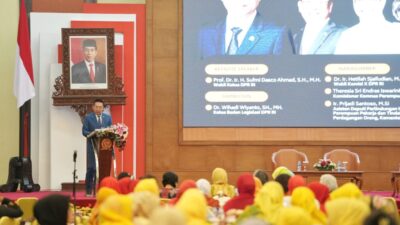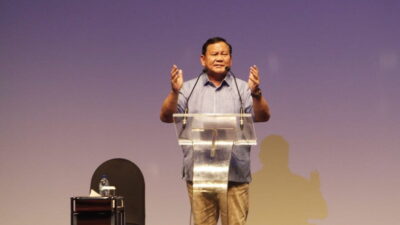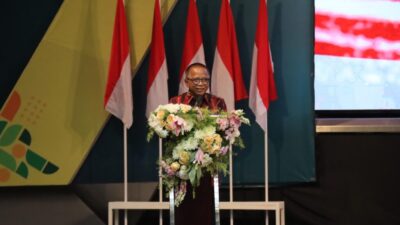Membedah Janji Ekonomi Anies-Muhaimin Iskandar in Indonesia
As the election season approaches in Indonesia, political candidates are making promises to lure voters. One such candidate pairing that has caught the attention of many is Anies Baswedan and Muhaimin Iskandar. Their economic promises have become a topic of discussion among citizens and analysts alike, as people are eager to know the plans and policies these candidates aim to implement if they come into power.
Anies Baswedan, the current Governor of Jakarta, has gained popularity for his policies that prioritize the welfare of the middle and lower classes. Muhaimin Iskandar, on the other hand, is the Chairman of the National Awakening Party (PKB) and a former Minister of Manpower and Transmigration. Together, they have presented a comprehensive economic plan aimed at boosting the economy and improving the lives of the Indonesian people.
One of the key pillars of their economic promises is poverty eradication. Anies and Muhaimin aim to reduce the poverty rate in Indonesia by implementing various social-based welfare programs. They plan to increase the social security benefits to ensure that all citizens have access to healthcare, education, and basic necessities. Additionally, they have proposed expanding existing social programs, such as the conditional cash transfer program, to provide a safety net for those in need.
Another area that the candidate pairing has focused on is job creation. Anies and Muhaimin have stressed the importance of providing more employment opportunities for Indonesians. They plan to do this by bolstering the manufacturing sector, attracting investments, and promoting entrepreneurship. Their goal is to create a conducive environment for businesses to thrive and generate employment opportunities for the growing Indonesian workforce.
Moreover, Anies and Muhaimin have emphasized the significance of sustainable economic growth. They have pledged to implement environmentally friendly policies and support clean energy initiatives. By doing so, they aim to reduce Indonesia’s reliance on fossil fuels and tackle climate change issues. This commitment to sustainable development aligns with the global trend towards a greener economy.
Additionally, the candidate pairing has showed concern for infrastructure development. They plan to invest in transportation infrastructure to improve connectivity within and between cities. This includes expanding public transportation networks and enhancing existing infrastructure to accommodate the increasing population. By doing so, they aim to alleviate traffic congestion and improve the overall quality of life for Indonesians.
While these promises sound promising, they also raise questions about the feasibility and funding of these proposals. Critics argue that implementing such extensive social welfare programs and infrastructure development plans would require a significant amount of funding and might put a strain on the country’s resources. It remains to be seen whether Anies and Muhaimin can effectively execute their plans without compromising the country’s fiscal stability.
As the election day approaches, it is essential for the voters to critically analyze and evaluate the economic promises made by the candidates. The success or failure of these promises will ultimately determine the course of Indonesia’s economic future. It is crucial that the voters hold the candidates accountable for their pledges to ensure that the economic development of the country remains on track.
Overall, the economic promises made by Anies Baswedan and Muhaimin Iskandar present a vision of a more inclusive and prosperous Indonesia. Their focus on poverty eradication, job creation, sustainability, and infrastructure development paints a promising picture of the country’s future. However, it is imperative for the candidates to provide detailed plans and funding mechanisms to back up their promises. Only time will tell whether these plans can be effectively implemented and bring about the desired economic outcomes.


